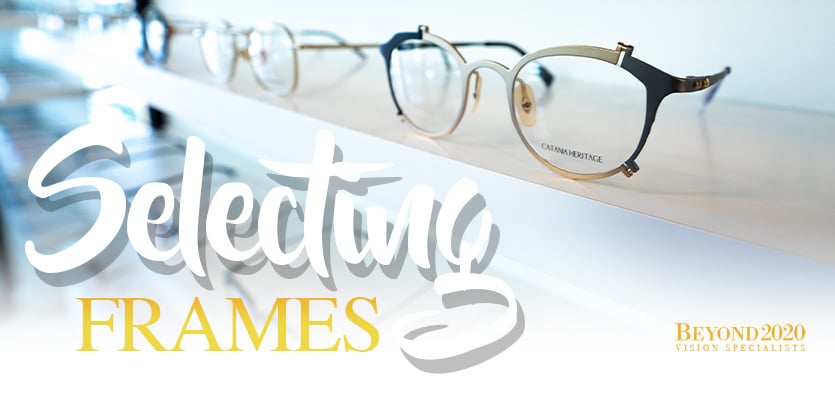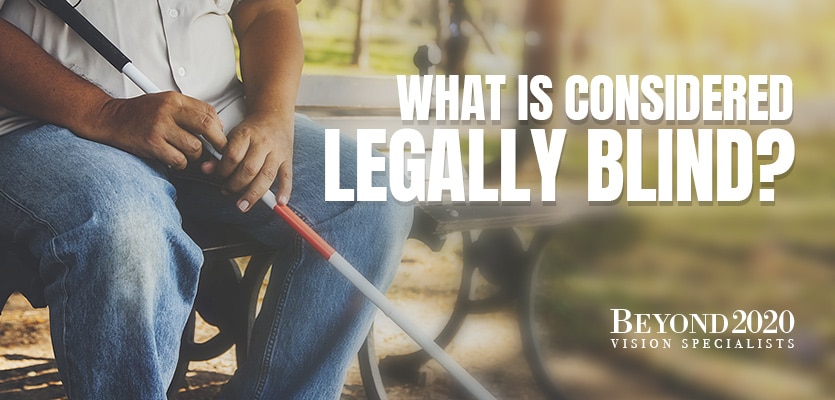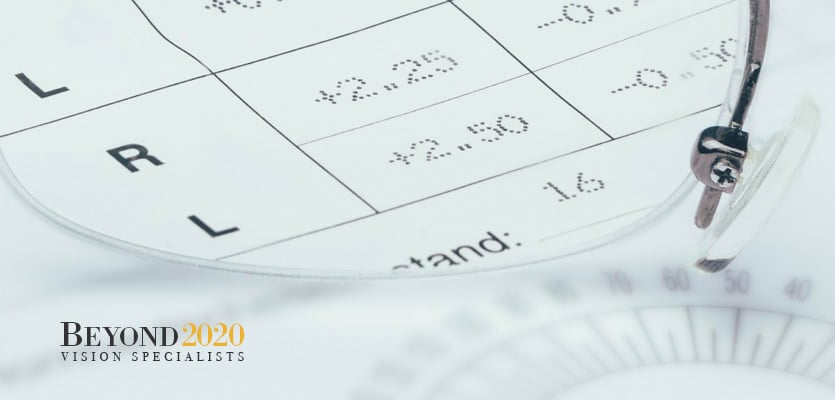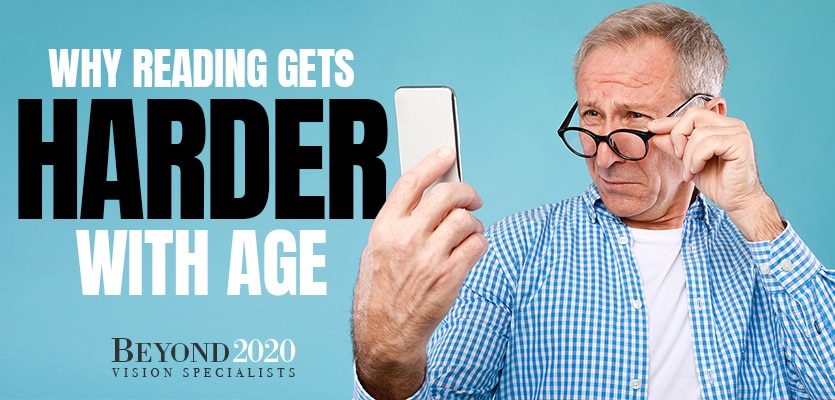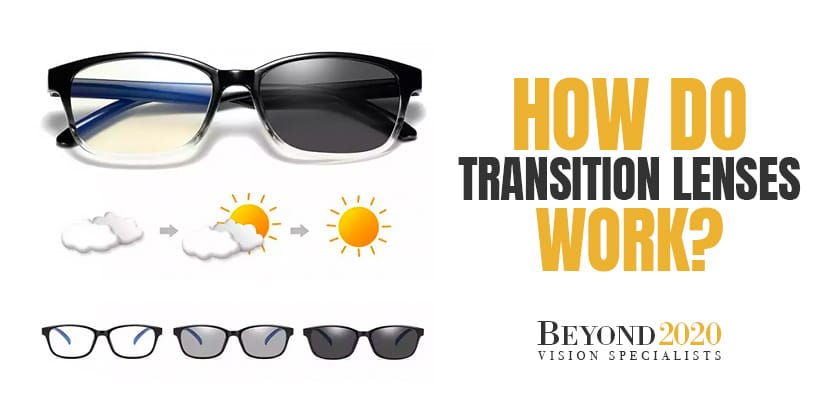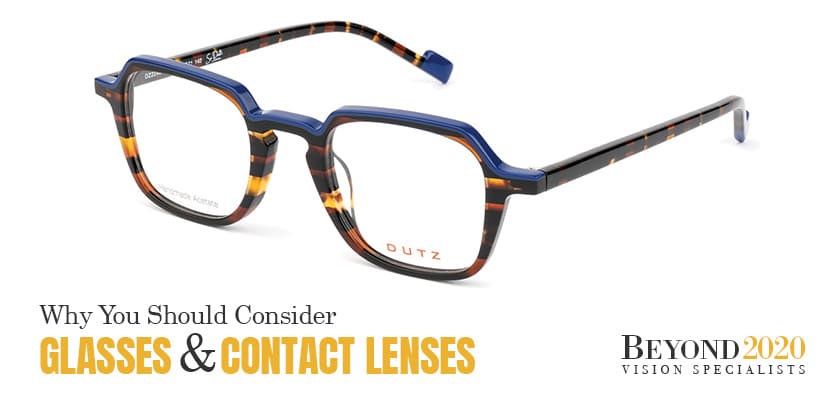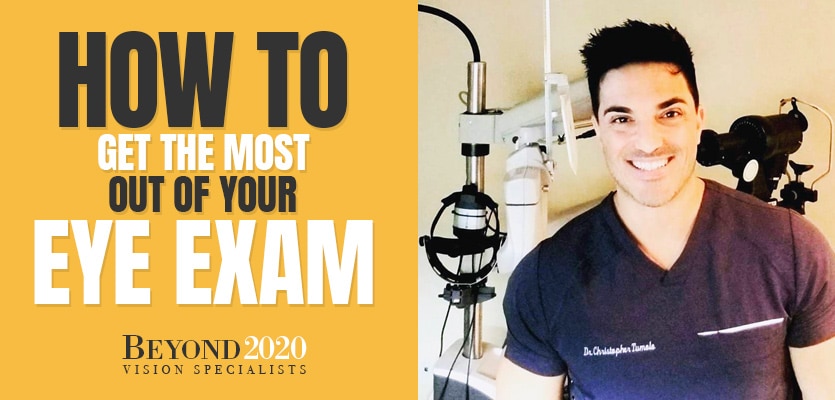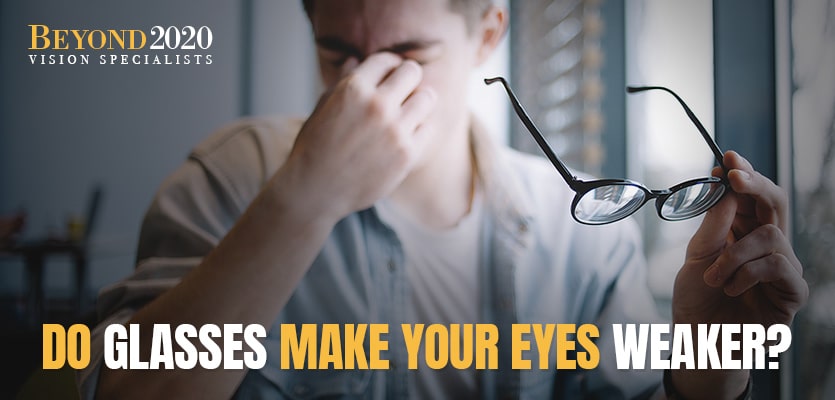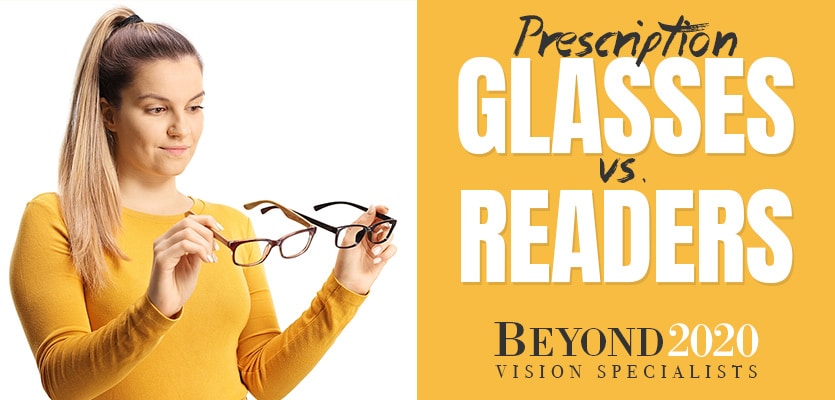Category: Prescription Glasses
Home » Prescription Glasses
Category: Prescription Glasses
Guide to Selecting the Right Frame
We often see patients struggling to pick the right frame for their glasses. They spend ages figuring out which style suits them the most, so ...
May 26, 2023
What is Considered Legally Blind
Maintaining a healthy weight, wearing eye protection, and eating a diet with plenty of fruit and vegetables can help care for your eyes. However, blindness ...
September 16, 2022
How to Read Your Eyewear Prescription
Reading your prescription may initially seem complicated and confusing, but some tips can help you understand what it means
July 15, 2022
Why Reading Gets Harder with Age
Unfortunately, no treatment can restore youthful flexibility to your eyes as you age. However, routine eye exams with correction options help keep your vision performing ...
June 28, 2022
What Are Transition Lenses and How Do They Work?
Because the lenses adjust to changes in light, they help you consistently see better. The lenses react to the sun’s UV rays. Special dyes in ...
March 22, 2022
Why You Should Consider Glasses and Contact Lenses
Glasses and contacts help your eyes focus light and make you see better, and about 75 percent of Americans wear them. The Vision Council estimates ...
March 1, 2022
How To Get The Most Out of Your Eye Exam
Preparation for an eye exam ahead of time can help you get the most benefit out of it. When you share information about yourself, it ...
February 15, 2022
Do Glasses Make Your Eyes Weaker?
Finding why things happen makes them easier to accept even when a reason may disappoint or cause frustration at times. When access to an explanation ...
January 24, 2022
Choosing Prescription Glasses over Readers for Important Reasons
Readers only magnify and cannot provide vision correction. They help the eye to focus closer but can serve no purpose otherwise. The Centers for Disease ...
December 16, 2021
How are polarized glasses different?
Polarized lenses are constructed in a way that minimizes the amount of light that comes through your lens so that you can see better and ...
September 15, 2021

